If you access your work on a delivery app like DoorDash, Instacart, or UberEats or in some cases via online marketplace apps like Rover.com and TaskRabbit.com new laws in the City of Seattle take effect on Saturday Jan 13. These new laws include a right to a minimum payment per offer, paid sick and safe time, and expanded transparency and flexibility rights. How these new regulations will affect you will depend on how you do your gig-work.
 The most impactful of the new legislation for app-based workers will be the minimum earning standard. Beginning on Saturday January 13, all app-based companies that offer on-demand services or pre-scheduled services where the service provider or independent contractor does not set their own prices, must pay their contractors a minimum earning of the greater of $5.00 per offer or $0.44 per engaged minute plus $0.74 per engaged mile per offer. This applies to all offers where the offer has a stop in the City of Seattle regardless of where the offer may originate or terminate. However, if an offer originates outside the City of Seattle, then only the portion of the offer performed in the City of Seattle is covered. For example, an offer to pick-up at a restaurant in Mercer Island and drop off in Seattle’s Capital Hill Neighborhood would only receive the time and mileage minimums from when they enter the Seattle city limits to the drop off point, no time or miles in Mercer Island would need to be paid these minimums.
The most impactful of the new legislation for app-based workers will be the minimum earning standard. Beginning on Saturday January 13, all app-based companies that offer on-demand services or pre-scheduled services where the service provider or independent contractor does not set their own prices, must pay their contractors a minimum earning of the greater of $5.00 per offer or $0.44 per engaged minute plus $0.74 per engaged mile per offer. This applies to all offers where the offer has a stop in the City of Seattle regardless of where the offer may originate or terminate. However, if an offer originates outside the City of Seattle, then only the portion of the offer performed in the City of Seattle is covered. For example, an offer to pick-up at a restaurant in Mercer Island and drop off in Seattle’s Capital Hill Neighborhood would only receive the time and mileage minimums from when they enter the Seattle city limits to the drop off point, no time or miles in Mercer Island would need to be paid these minimums.
There are some exceptions to when the app company is required to pay the per offer minimums. If the contractor cancels the offer without cause the app company does not have to pay these minimums. Cancelations are considered for cause if:
- The information in the offer is substantially inaccurate; or
- The customer fails to respond to communications from the contractor necessary to complete the offer; or
- The customer is not present if their presence is required to complete the delivery; or
- Timely completion of the offer has become impracticable due to an unforeseen obstacle or occurrence; or
- The contractor makes a good faith complaint regarding sexual harassment or discrimination that is alleged to have occurred during performance of the offer.
Cancelations could be considered without cause if:
- The contractor cancels because the customer changed their tip amount; or
- The contractor cancels a no-contact or limited contact offer because the customer is not present or does not respond to communications not necessary to complete the offer; or
- Any other reason not listed as cancelation for cause.
 Additionally, if a contractor is simultaneously performing multiple or “stacked” offers from the same app company then the app company is only required to pay the minimums from when the first offer began until the final offer is completed. They do not have to pay the minimum for each offer separately. Finally, the minimum only apply to “engaged time” and “engaged miles”. This is the time and miles that occur from when the offer is accepted to offer completion for on-demand offers. For offers that are prescheduled or that involves shopping, engaged time and miles begin when the contractor arrives at the pick-up point or the store where the shopping is done.
Additionally, if a contractor is simultaneously performing multiple or “stacked” offers from the same app company then the app company is only required to pay the minimums from when the first offer began until the final offer is completed. They do not have to pay the minimum for each offer separately. Finally, the minimum only apply to “engaged time” and “engaged miles”. This is the time and miles that occur from when the offer is accepted to offer completion for on-demand offers. For offers that are prescheduled or that involves shopping, engaged time and miles begin when the contractor arrives at the pick-up point or the store where the shopping is done.
Along with the minimum earning standard there are other provisions that will take effect on Saturday January 13. These include the:
- Right to upfront disclosures of offer-information
- Right to receipt and payment records
- Right to access the network platform without limitations (except for health and safety limitations)
- Right to not be penalized for limiting availability or refusing offers
- Right to cancel an offer with cause
These rights in the new regulations are designed to make the offers you receive transparent and fair while protecting your right to work with the flexibility you have always enjoyed.
 Finally beginning on the same date Paid Sick and Paid Safe Time will be expanded to include not only rideshare and food delivery app-based workers, but all app-based workers preforming offers in the City of Seattle. So now a contractor on Rover.com taking care of neighbor’s pets, or on TaskRabbit getting handyman gigs qualifies to receive one day of paid sick or paid safe time for every thirty (30) days where they complete at least one offer in the City of Seattle. This is the same rate at which other non-rideshare app-based worker accrue paid sick and paid safe time in the City of Seattle (rideshare drivers are covered under state law and accrue at one hour per forty hours worked).
Finally beginning on the same date Paid Sick and Paid Safe Time will be expanded to include not only rideshare and food delivery app-based workers, but all app-based workers preforming offers in the City of Seattle. So now a contractor on Rover.com taking care of neighbor’s pets, or on TaskRabbit getting handyman gigs qualifies to receive one day of paid sick or paid safe time for every thirty (30) days where they complete at least one offer in the City of Seattle. This is the same rate at which other non-rideshare app-based worker accrue paid sick and paid safe time in the City of Seattle (rideshare drivers are covered under state law and accrue at one hour per forty hours worked).
All these new regulations take effect on Saturday January 13, 2024. If you have any questions or feel an app-based company is not honoring these rights after their effective date please contact us, and we can assist you.
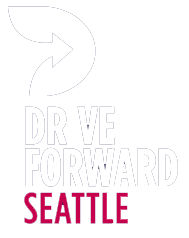
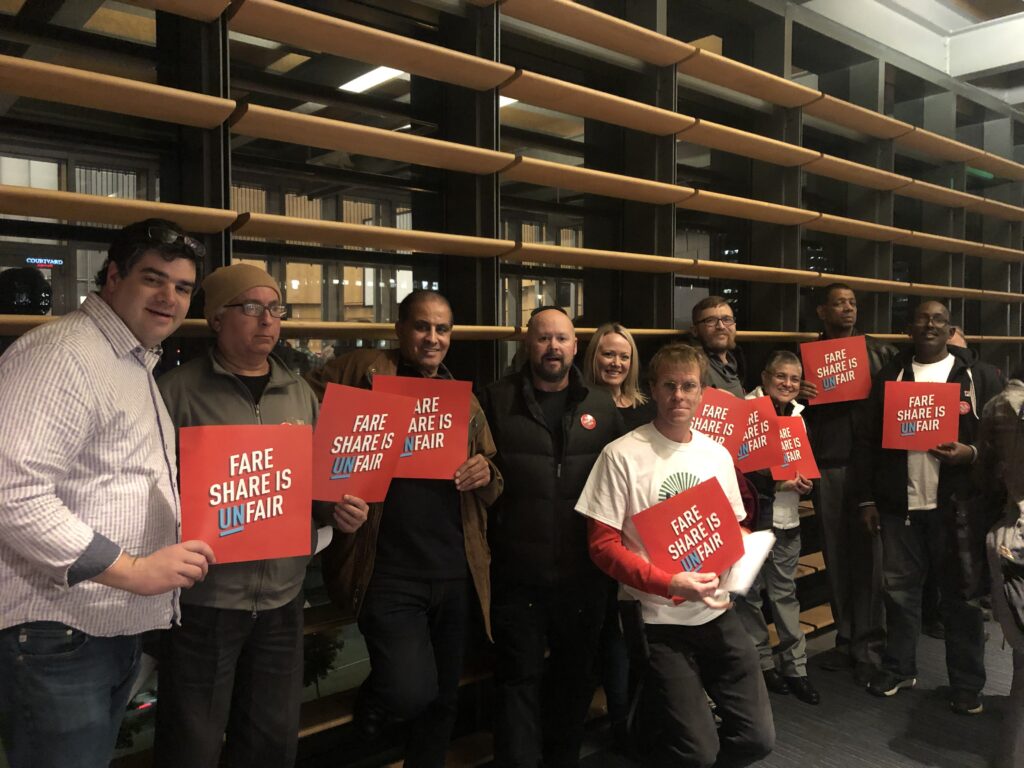
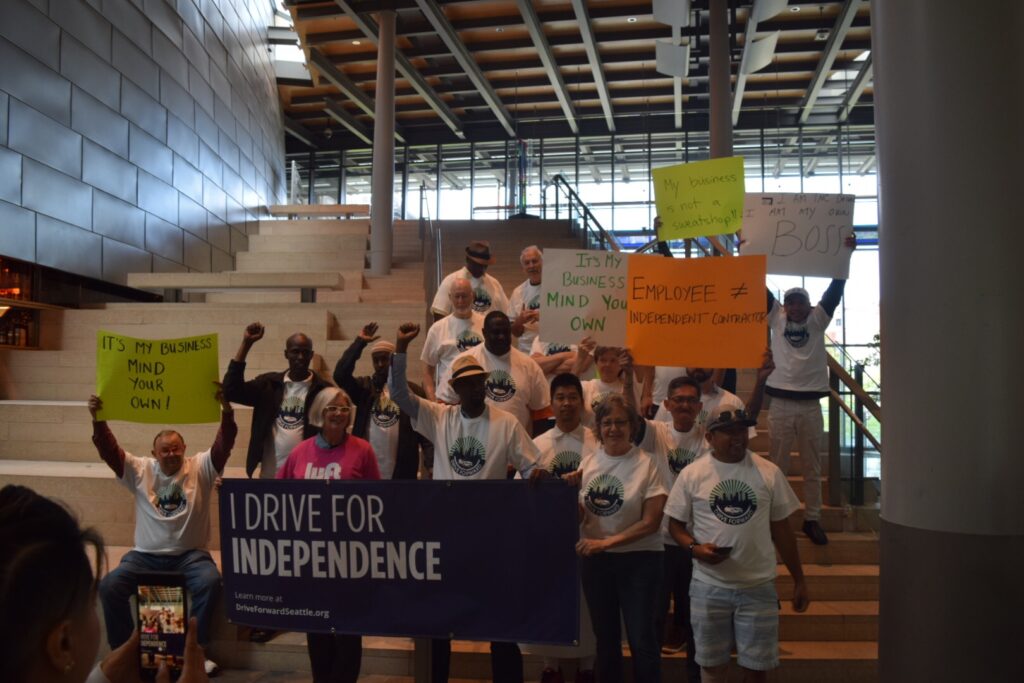
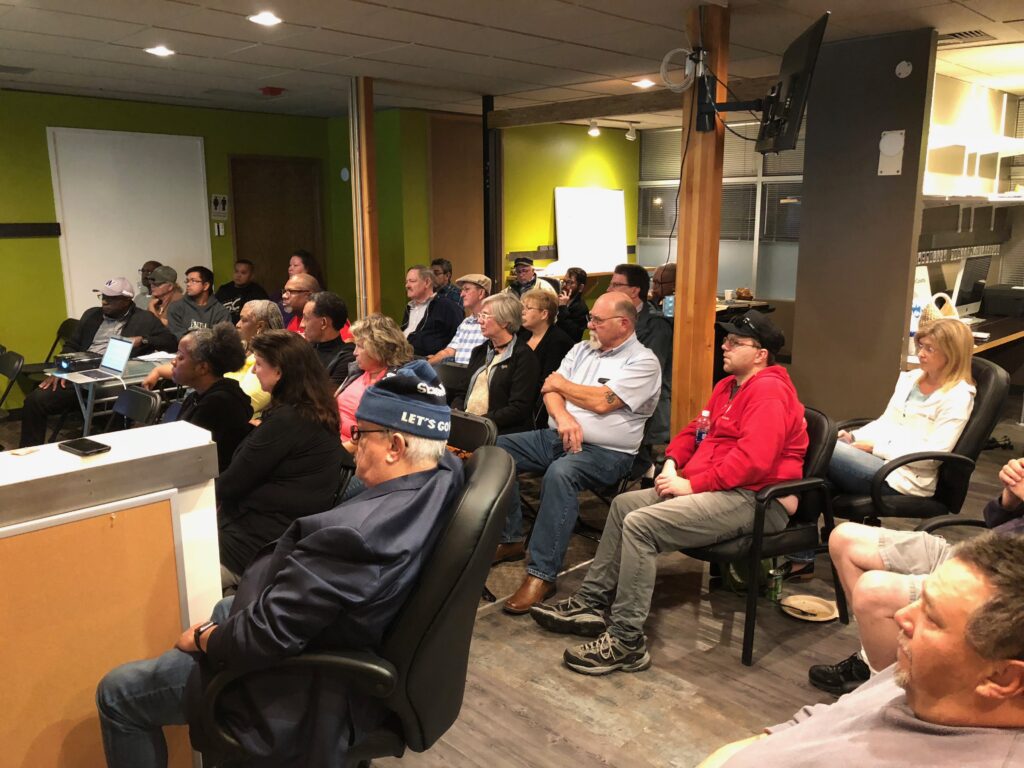
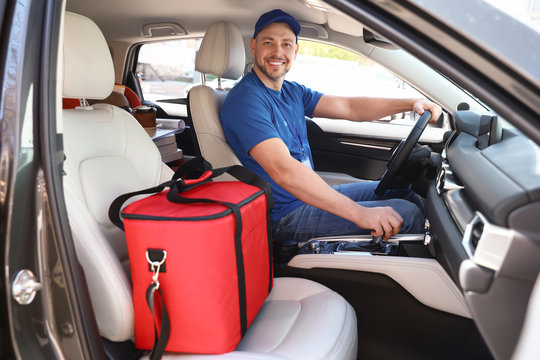
Recent Comments